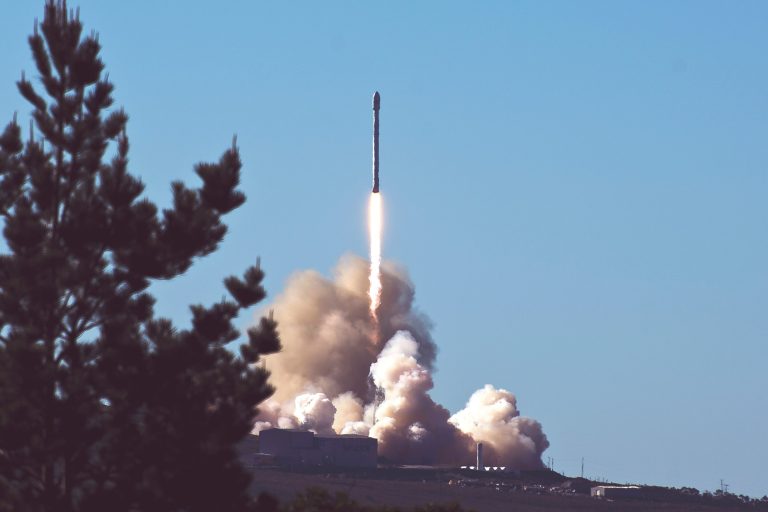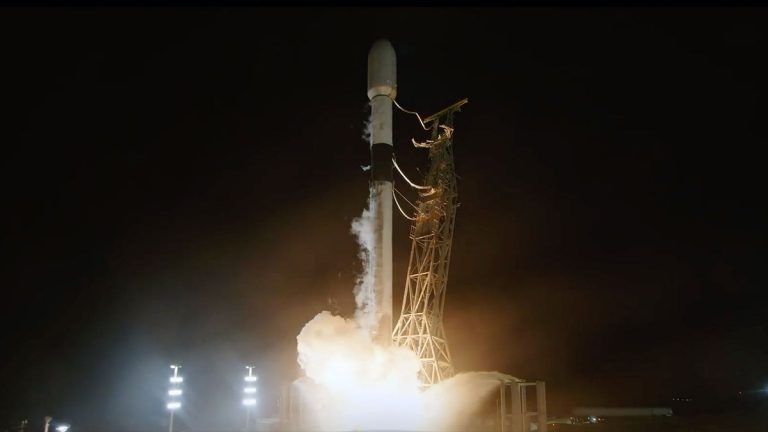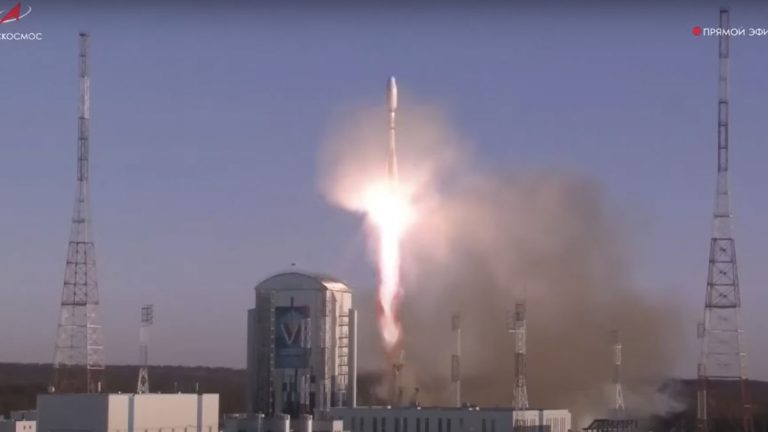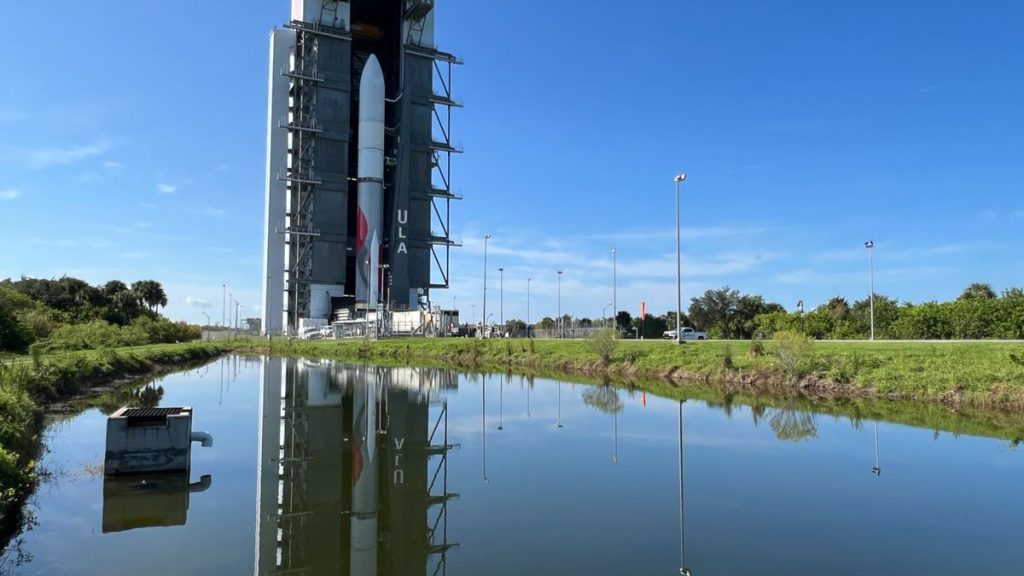
ULA rolls Vulcan Centaur rocket to pad ahead of 2nd-ever launch (photos) (Image Credit: Space.com)
United Launch Alliance’s (ULA) second Vulcan Centaur rocket has made it to the pad.
ULA rolled the Vulcan Centaur out to Space Launch Complex-41 (SLC-41) at Florida’s Cape Canaveral Space Force Station today (Sept. 30) to gear up for the vehicle’s second-ever launch, which is scheduled for no earlier than Friday (Oct. 4).
Part of that prep work is a key fueling test known as a wet dress rehearsal (WDR), during which the rocket will be “loaded with a million pounds of cryogenic propellants at Space Launch Complex-41 and put through a complete countdown procedure,” ULA said via X today.
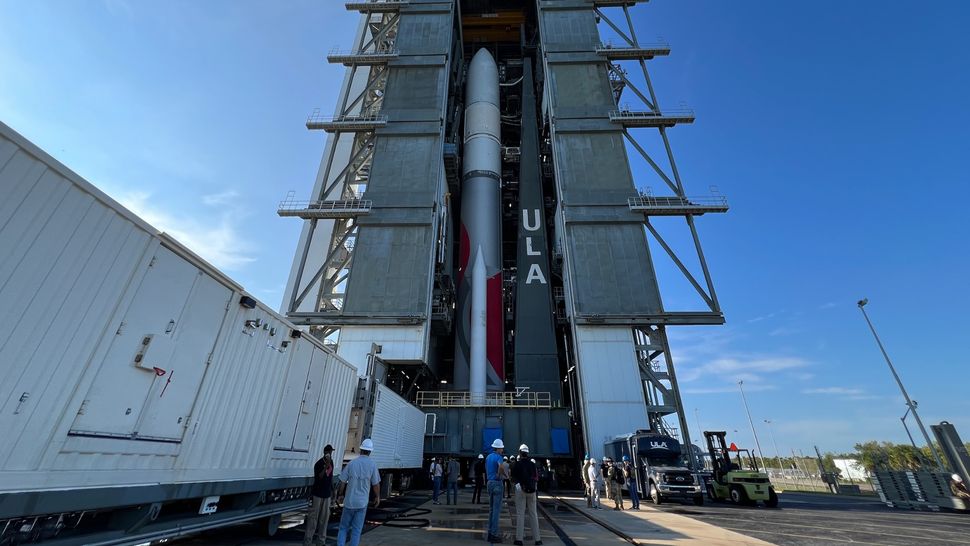
If all goes well with the WDR and other checkouts, Vulcan Centaur will launch from SLC-41 on Friday during a three-hour window that opens at 6:00 a.m. EDT (1000 GMT).
That liftoff will kick off Cert-2, the second of two test flights needed to certify the new rocket for use by the U.S. Space Force. The first such mission occurred in January, when Vulcan Centaur successfully lofted Astrobotic Technology’s Peregrine moon lander to Earth orbit.
Peregrine didn’t end up making it to the moon, however: It suffered a propellant leak shortly after deploying from the rocket’s Centaur V upper stage and ended up returning to Earth to burn up in our atmosphere.
No operational spacecraft will go up on Cert-2. The mission “includes an inert payload and demonstrations associated with future Centaur V technologies,” ULA wrote in a mission description.
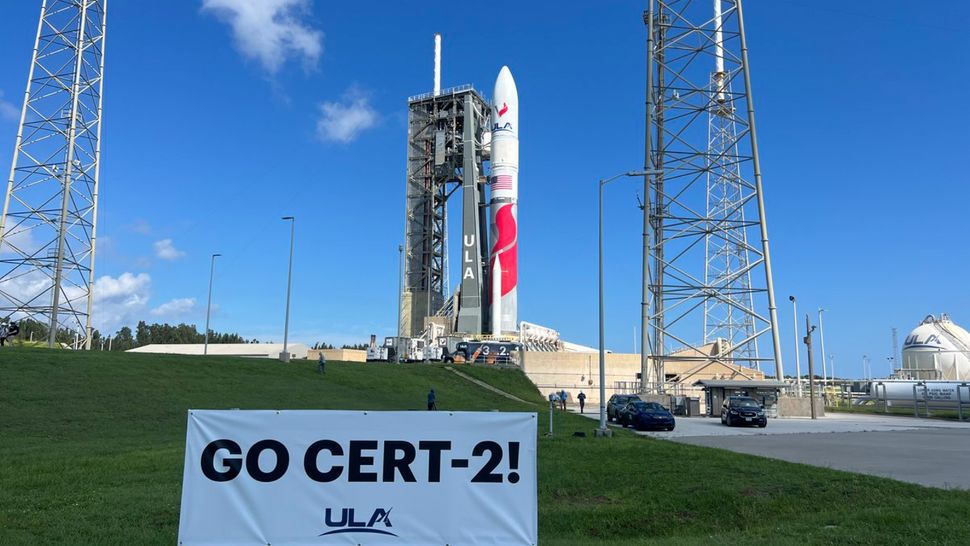
That’s a change from the original plan: Cert-2 was supposed to launch Sierra Space’s robotic Dream Chaser space plane on its first-ever orbital flight. But Sierra Space needed more time to prep Dream Chaser for its debut, which will still employ the Vulcan Centaur.
“We are working with Sierra Space to put the Dream Chaser back onto the manifest when they are ready to go,” ULA CEO Tory Bruno told reporters this past June, when the company announced the Cert-2 shift. “We waited as long as possible on Dream Chaser,” he added, “because we really wanted to fly them.”


